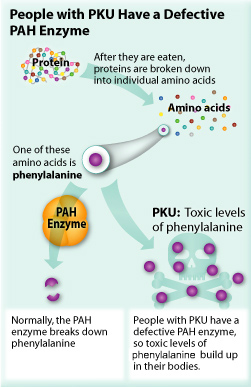While looking at the bright side of DNA testing, extensive genetic testing could help people identify
cures to current or future medical problems. This could
allow gene-based treatment or take preventive action to prevent potential medical problems. To avoid
privacy issues, DNA samples should be properly disposed immediately
after testing. If it is needed again, a new sample could be taken. Although "genetic
discrimination" has the potential to be damaging, genetic testing could actually help employers prevent job injuries by excluding job applicants who are
genetically voluntary to be injured in some specific jobs. Genetic
testing in infants is important because it helps screen for
treatable diseases like phenylketonuria- a disease that causes mental
retardation if left untreated, although it can be prevented by early
detection and modification of diet. (8) (41) Also, potential parents could track their own genes for lethal disorders which may be inherited by their children before deciding to have children.
DNA testing would be useful in catching criminals in cold cases and should also be used as evidence in court. In fact, it would be best if we created a DNA bank with everyone's "DNA fingerprint" taken at birth. We shouldn't have to worry about a "geneticization" society because genes are ultimately not the only determining factor on our lives; both nature and nurture have equally strong influences. Knowledge always empowers us, as long as genetic testing is used for beneficial purposes. (41) | This diagram explains the defect caused by PKU. Through early detection of PKU, an infants' diet can be modified to be low in phenylalanine and preventing mental retardation. |
